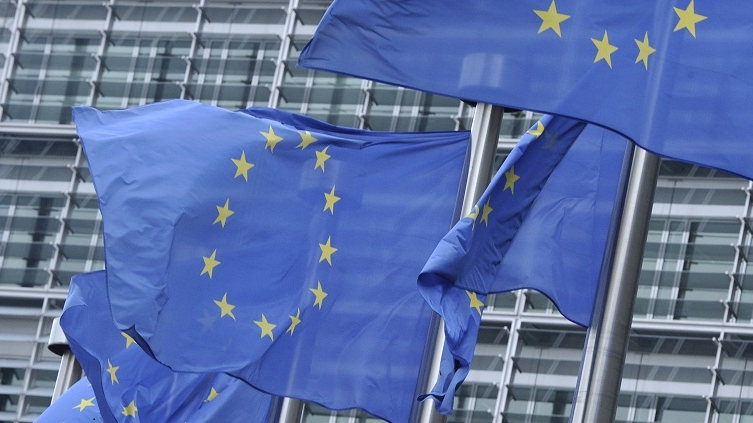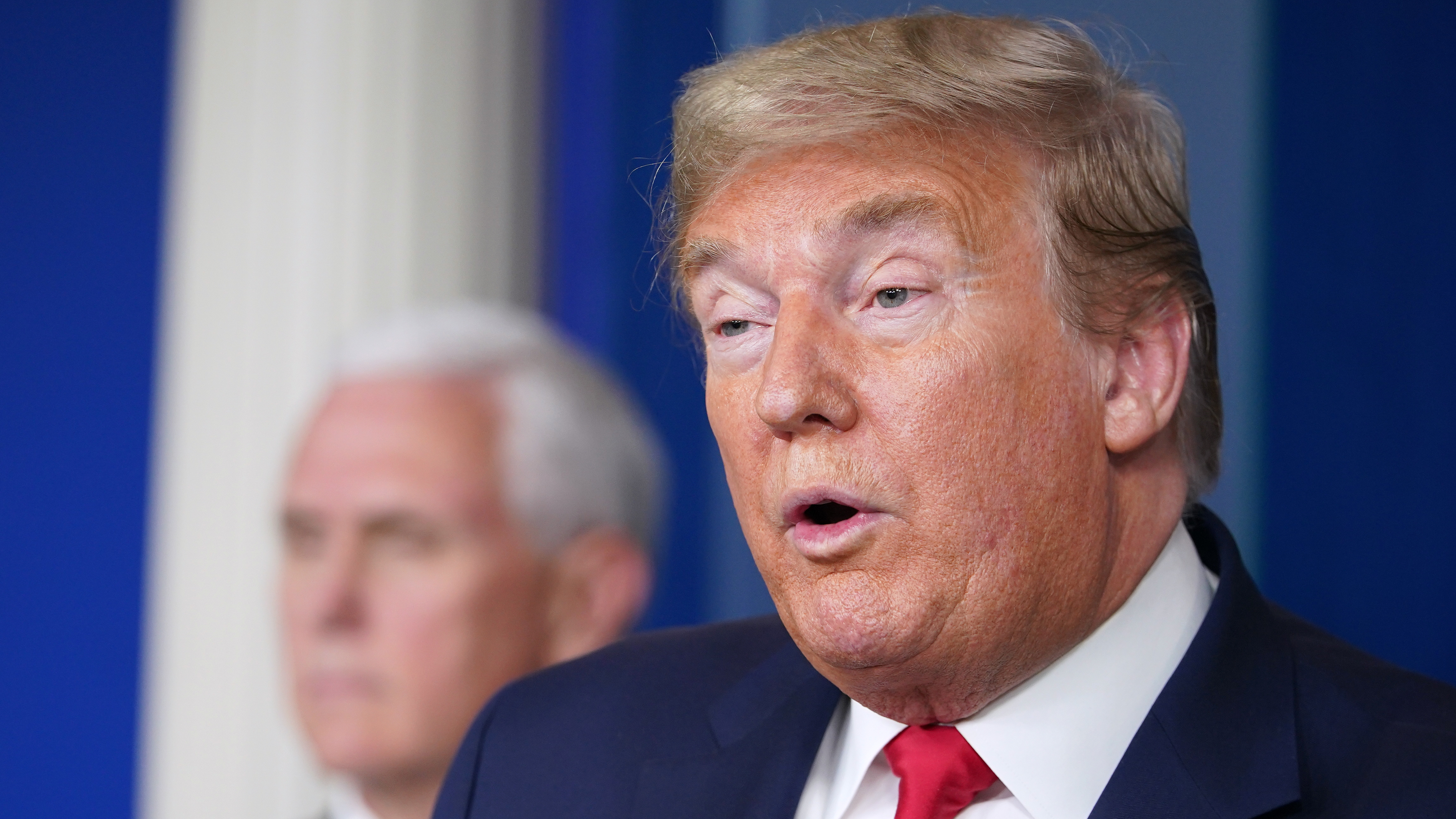
Editor's note: Jonathan Arnott is a former member of the European Parliament. The article reflects the author's opinions, and not necessarily the views of CGTN.
I'm writing immediately after the informal meeting of EU Defense Ministers in Berlin. These meetings aren't intended to come to stunning conclusions but as an opportunity to discuss national and international security and defense issues. Progress, like an old episode of the political comedy Yes Prime Minister, reminded us in spectacular fashion, often happens at informal meetings outside strict agendas and the glare of the world's media.
Much of the time was, we think, spent on the bread-and-butter issues on the European security scene. The protests in Belarus, the tension between Greece and Turkey in the Mediterranean, and the circumstances surrounding a German hospital's announcement that Alexei Navalny has poison in his system, are all happening on the periphery of the European Union. As the European Union develops its Common Security and Defense policy, it increasingly seeks to take a united stand on such issues. That unity, as ever, raises the perennial Europe debate: The usual friction between those who seek "more Europe" and those who are concerned about the preservation of national sovereignty. Yet after Brexit, there is no consistent and loud voice arguing within the European Union for less military co-operation at European level.
The specific security issues are important, but overall not particularly divisive. They are unlikely to be wedge issues, in which different nations would like to react in profoundly different ways. In effect, they are merely a sideshow for the broader questions of global policy. As the European Union seeks to develop a common military capacity, the relationship between the European Union and NATO is critical. It's no surprise that Jens Stoltenberg, the Secretary-General of NATO, was in Berlin to attend the meeting – and will be meeting with the German Chancellor Angela Merkel to have further discussions. The circles of "EU Member States" and "NATO members" overlap: they are linked, but hold separate and distinct goals.
As the U.S. Presidential election approaches, relations between the U.S., NATO and the European Union are particularly complex. It's clear that the relationship between Donald Trump and the European Union has been frosty at best. It's hardly a secret that most European leaders would prefer a Biden presidency to a second Trump one.

U.S. President Donald Trump's relationship with the EU has not been positive. /AFP
U.S. President Donald Trump's relationship with the EU has not been positive. /AFP
To the Trump administration, the issue is simple: Europe is not paying its way. The United States has a higher military spend than the 27 nations of the European Union combined. While the U.S. spent 3.6 percent of its GDP on defense last year, only nine NATO nations (up from five in 2017) met their NATO commitments to spend at least 2 percent of GDP on defense. Germany (1.38 percent), France (1.84 percent), Italy (1.22 percent) and Spain (0.92 percent) remain far below 2 percent mark, comparable with Canada.
It's Donald Trump's style to demand the impossible in the hope of achieving the improbable. His egregious demands that NATO members should spend 4 percent of GDP on defense were intended to raised eyebrow, and he will most likely to argue in the Presidential debates that his pressure has led to increased military spending in Europe.
Biden will doubtless fire back, claiming that European and national military spending was already increasing when Trump took office. He will suggest that a confrontational approach to dealing with America's allies is unhelpful.
In terms of the American public, I doubt it will make a huge amount of difference to this year's election. In the normal course of events, foreign policy would form a massive part of the national discussion. Whilst it will doubtless be a hotly-contested topic in the debates, America's focus right now remains on COVID-19, how to secure an economic recovery, and the response to Black Lives Matter protests. It's difficult to imagine that many voters will be directly influenced by Donald Trump's approach towards America's EU and NATO allies, though it provides Donald Trump an opportunity to persuade Americans that he can "get things done" – and Biden a chance to present himself as competent, Presidential material.
The EU-U.S. relationship is currently at a low ebb, not only on the issue of defense but also on trade. Irrespective of the result of the U.S. presidential election, it's likely to improve. If Biden is elected, he'll seek to improve relations. If Trump is re-elected for a second (and final) term, then there will still be some certainty.
Perhaps I'm being unduly optimistic, but I'm expecting some bounce next year. This year has produced a perfect storm of reasons for international relations to be strained. Those same conditions are unlikely to still be in existence by the middle of next year. It may seem strange to be optimistic right now, but once the bottom has been found, I believe the direction of travel on international relations will inevitably be positive.
(If you want to contribute and have specific expertise, please contact us at opinions@cgtn.com.)